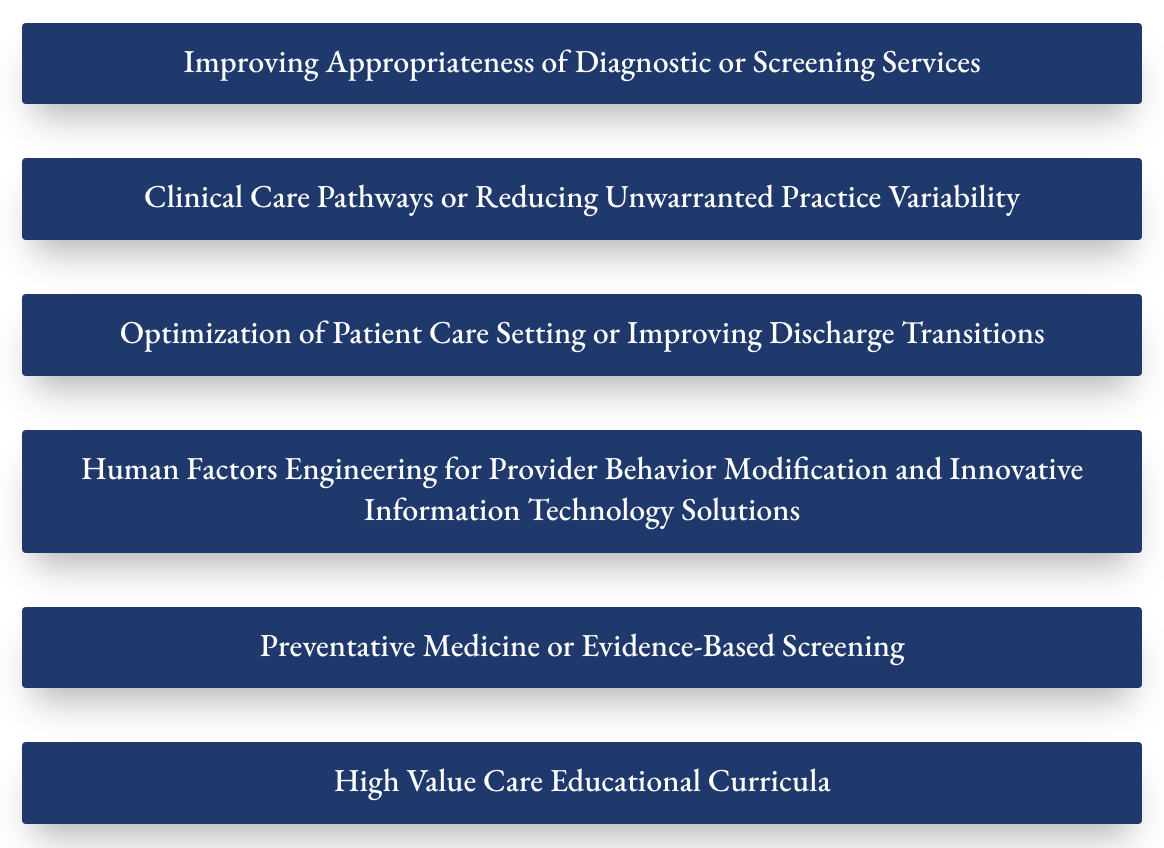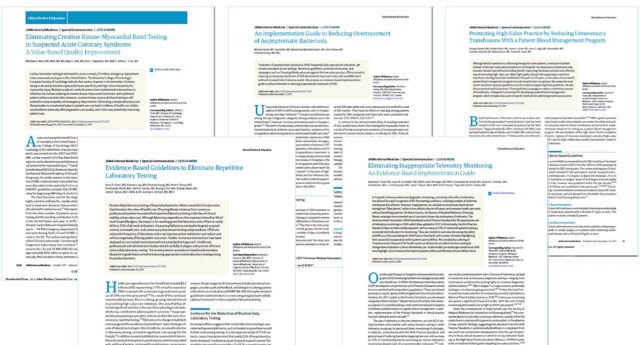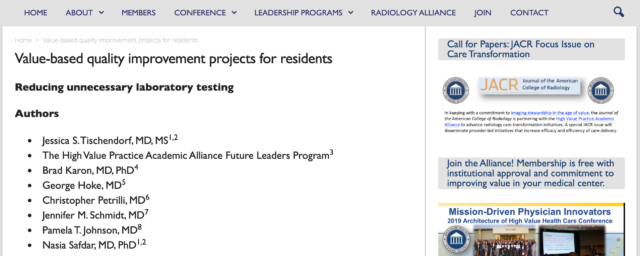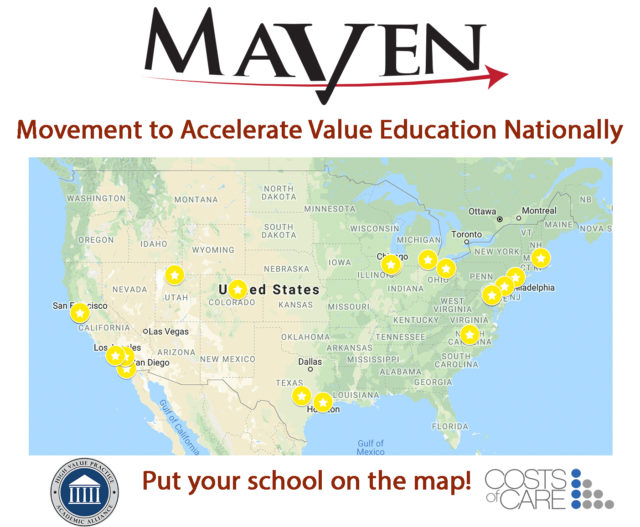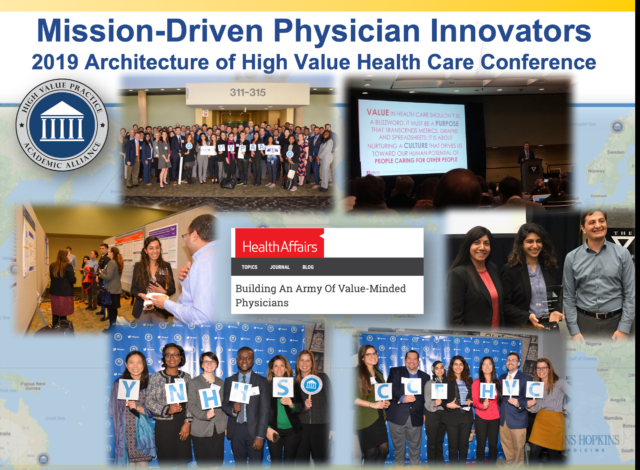From the 2019 HVPAA National Conference
Dr. Kimberley Steele (Johns Hopkins Department of Surgery), Dr. Seyed Behzad Jazayeri (Arrowhead Regional Medical Center/MedAux Inc.), Dr. Elnaz Sarabchian (Hofstra University, Department of Education/MedAux Inc.)
Background
More than 161 million surgical procedures are scheduled in the US annually. However, more than 11 million of these procedures are canceled on the day of surgery costing more than $24 billion dollars to the healthcare systems. Inefficient and variable patient preparation through verbal conversations and printed instruction along with poor communication with the healthcare team are the main causes in late cancellations. The aim of our study was to assess the use of an automated text message-based patient navigation platform in providing standardized patient instructions, reducing late cancellations, and improving compliance for patients undergoing bariatric surgery.
Methods
We designed a structured patient instruction program using the standard existing printed patient instructions. Instructions were incorporated into a custom designed software and were provided automatically through time-lined text messages with a link to additional educational contents to the patients. The program was designed to engage with patients starting 30 days prior to their surgery date. The primary goal of the program was to assess the successful engagement of patients, compliance with following the given instructions and reduction in late cancellations. The secondary measure was to assess patient satisfaction and ease of use with the program. All patients in the program received the text-message program in addition to the existing printed instructions which were given at the time of scheduling the patients.
Results
We designed a standard navigation program consisting of 13 text messages. A total of 92 data points were tracked inside the program for each patient. The data points were in three different categories: 1) Diet, exercise, and medication compliance 2) Pre-operative testing and 3) Logistic information. A total of 5 patients were enrolled in the program. The mean age of patients was 34.8 ± 13.1 years old. All patients were female. One patient was enrolled within 21 days to the surgery date and did not receive the complete program and one patient opted out because of surgery cancelation for medical and compliance reasons. A total of 58 text-messages were sent. The open rate for text-messages was 98% and the program completion rate was 92%. The patients spent an average of 136 seconds on each navigation form. Each form was visited for an average of 1.2 times. During the process one patient was found to be noncompliant with preoperative testing, and exercise and didn’t have a support system at home. Her surgery was cancelled 2 weeks prior to the surgery date. Five out of five patients highly recommended the use of this text messaging platform as a useful tool in communicating important instructions and education in the pre-operative and post-operative period.
Conclusion
In the healthcare system, moving towards a value based payment system, technologies that bring practical efficiency to surgical practice are important, useful and needed. In this proof of concept study, we demonstrated that the use of technology can provide a venue to provide a standard experience in patient education across a surgical practice. Precisely designed, timely sent, bite size instructions can be promising in the preoperative care of patients. Furthermore, we demonstrated the feasibility of the platform in a real world scenario.
